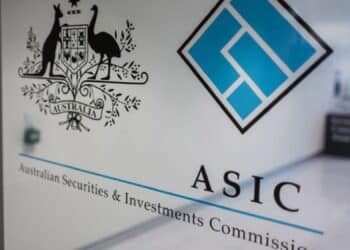The monopoly Auckland International and Sydney Airport have on international arrivals put the firms in a strong position to recover from the COVID-19 downturn, according to industry experts.
Both the Australian and New Zealand borders are closed to new arrivals to restrict the spread of COVID-19 and a re-opening date remains in question. Meanwhile, Qantas chief executive Alan Joyce warned international travel would be below normal levels until 2023.
Shares in Sydney Airport have fallen 37% since the start of the year to 8 July while Auckland International Airport shares have fallen 30% over the same period. This compared to losses of 8% by the ASX 200.
Yarra Capital Management holds exposure to Sydney Airport in its Australian Real Asset Securities and ex-20 Australian Equities funds.
“Our investment thesis at inception of the position was based on it having higher prices and robust passenger numbers which supported strong revenue growth and, when combined with its high operating leverage, put the company on a path to meaningfully grow its dividend over the medium term,” it said.
“This outlook is tempered by the recent spike which has now pushed out the recovery. Once the COVID-19 disruption has passed, Sydney Airport is set to benefit from a supportive demand backdrop given the airport captures approximately 40% of Australia’s inbound air passengers.
“It also has very strong barriers to entry as Sydney’s only international airport and benefits from having a lease in place with the government until 2097.”
Jason Kururangi, investment manager at Aberdeen Standard Investments (ASI), said the Aberdeen Standard Ex-20 Australian Equities fund held exposure to Auckland International Airport and increased its weighting from 2.5% to 3.7%.
In April, Auckland Airport raised NZ$1.2 billion ($1.13 billion) to reinforce its balance sheet and ensure it remained capitalised during the border closure, which ASI participated in.
“Auckland Airport is a great business with no real competition at that scale, all international flights have to go via Auckland so there is that natural volume of traffic,” he said.
“The COVID-19 scenario is bad in the short term but as long-term investors, we were able to partake in the capital raising which was the right thing for them to do. So, it is swings and roundabouts.
“No one has a crystal ball and things are worse than had been expected but that does not change our view of the business in the long term.”





